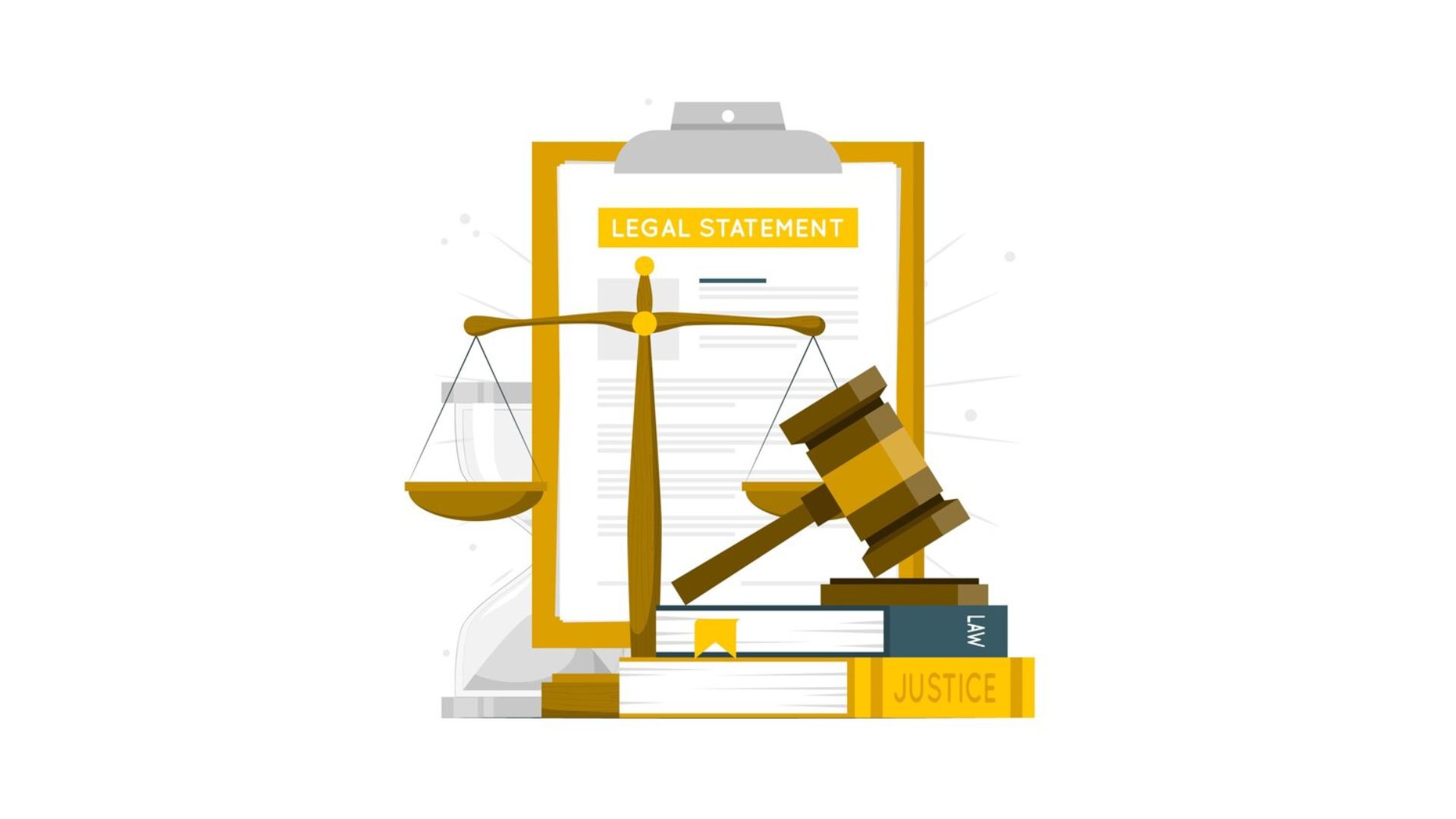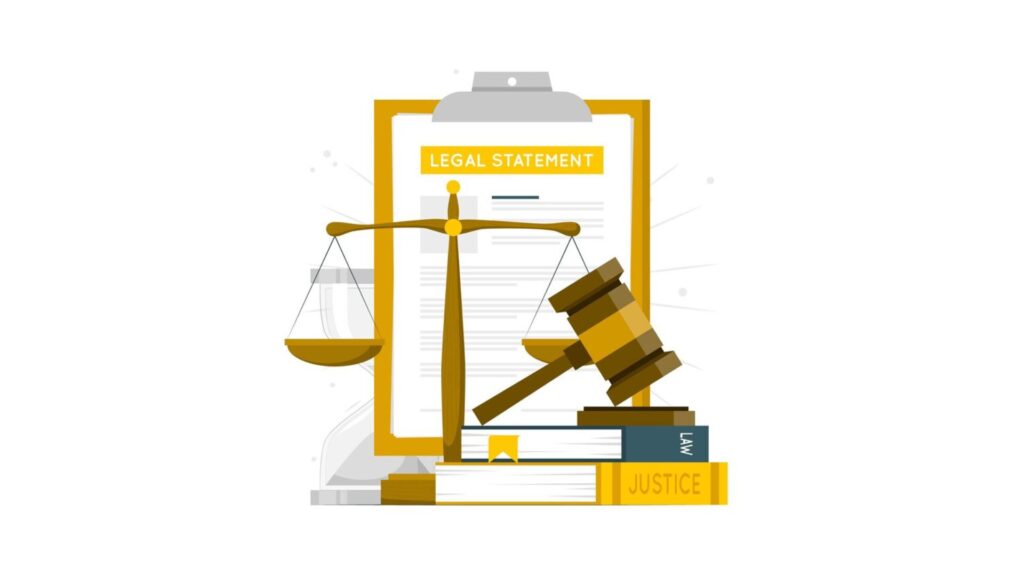
20 May Understanding Negative Blocking of ITC Ledger: A Comprehensive Analysis

Introduction: Unpacking Rule 86A
Rule 86A of the CGST Rules, 2017, grants authority to Proper Officers authorized by the Commissioner to block the Electronic Credit Ledger (ECrL) if there are reasonable grounds to suspect fraudulent Input Tax Credit (ITC) availing. However, the interpretation and application of this rule, particularly concerning negative blocking of ITC ledgers, have raised significant legal questions.
- Rule 86A: Conditions and Limitations
1.1. Empowerment of Proper Officers
The rule empowers designated officers, not below the rank of Assistant Commissioner, to exercise discretion in blocking the ECrL.
1.2. Scope and Intent
The title itself, “Conditions of use of amount available in Electronic Credit Ledger,” suggests that the power to block ITC is contingent upon the amount available in the ledger at the time of action.
- Legal Precedents and Judicial Interpretations
2.1. Milap Scrap Traders vs. Gujarat High Court
Introduction:
The issue of negative blocking of Input Tax Credit (ITC) in the Electronic Credit Ledger (ECrL) under Rule 86A of the CGST rules has been a contentious one, especially when there is no credit balance available. The recent judgment by the Hon’ble High Court of Gujarat sheds light on this matter.
Facts of the Case:
Milap Scrap Traders, through its proprietor Harshadbhai Manubhai Patel, filed a writ petition before the Gujarat High Court seeking directions to unblock the ITC amounting to Rs. 15,37,103/-, comprising CGST and SGST credits. The petitioner also requested permission to raise E-way Bills and file GSTR-3B returns without facing penalties or interest due to the blockage of ITC.
Issue:
The central issue before the court was whether negative blocking of ITC in the ECrL is permissible under Rule 86A of the CGST rules when there is no credit balance available.
Held:
The Hon’ble High Court, relying on its previous judgment in the case of Samay Alloys India Pvt. Ltd. vs. State of Gujarat, held that Rule 86A does not authorize negative blocking of ITC when no credit balance exists in the ECrL. The court emphasized that the rule only empowers the proper officer to freeze the debit in the ECrL if there are reasons to believe that the credit of input tax has been fraudulently availed or is ineligible. Furthermore, the court clarified that Rule 86A does not entitle the proper officer to make debit entries in the ECrL but allows them to disallow debit entries for a limited period on a provisional basis.
The court ruled that one of the primary conditions for invoking Rule 86A is the availability of credit in the ECrL, supported by reasons recorded in writing for fraudulent availing. If no credit is available or if it has already been utilized, the powers under Rule 86A cannot be invoked. Additionally, the court highlighted that the power to restrict debit from the ECrL is harsh and should be strictly governed by specific statutory language.
2.2. S.S. Enterprise vs. Calcutta High Court
Introduction:
The case of S.S. Enterprise and Others vs. State Tax Officer, New Market Charge and Others, before the Calcutta High Court, pertains to the blocking of the electronic credit ledger account of the appellants by the respondent authority. This appeal challenges the order of the learned Single Judge, which declined to grant an interim order sought for in the writ petition.
Facts of the Case:
The appellants, engaged in the business of dealing with scrap papers for over 30 years, approached the court seeking relief against the blocking of their electronic credit ledger account. They contended that as honest taxpayers, the blocking of their ledger had adversely affected their business activities.
The appellants had earlier submitted a representation to the Assistant Commissioner of State Sales Tax, New Market Charge, requesting the withdrawal of the negative blocking of their electronic credit ledger. However, this request remained unaddressed.
Citing the decision of the Hon’ble High Court of Gujarat in the case of Samay Alloys India Pvt. Ltd. vs. State of Gujarat, the appellants argued that the power to block the electronic credit ledger can only be invoked if the credit of input tax is available in the ledger and is claimed to have been fraudulently availed.
Issue:
The central issue before the court was whether the order of the learned Single Judge, declining to grant interim relief, was justified in light of the representations made by the appellants and the legal principles governing the blocking of electronic credit ledgers.
Held:
The court, while declining to interfere with the order of the learned Single Judge, directed the concerned respondent to dispose of the representation dated 21.02.2022 submitted by the appellants. It emphasized that unless the appellants, being registered dealers, are allowed to carry on their business, tax recovery cannot be ensured.
The court instructed the concerned respondent to consider the legal position and the representation of the appellants while passing appropriate orders within 10 days from the date of receipt of the court’s order. It stressed that any order passed should not prejudice the rights of either party in the pending writ petition.
With these observations, the appeal was disposed of, and the connected application was also disposed of accordingly.
2.3. Laxmi Fine Chem vs. Telangana High Court
Introduction:
The case of Laxmi Fine Chem vs. Assistant Commissioner, Telangana High Court, sheds light on the application and interpretation of Rule 86(A) of the CGST Rules 2017 concerning the blocking of input tax credit. This article delves into the facts of the case, the central issue, and the court’s ruling, providing insights into the legal framework surrounding input tax credit under GST laws.
Facts of the Case:
Laxmi Fine Chem contested the action taken by the Assistant Commissioner in blocking input tax credit amounting to Rs. 50,06,000 without issuing a show cause notice. The petitioner argued that this action was in violation of Rule 86(A) of the CGST Rules 2017 as it involved inserting a negative balance in the electronic credit ledger, which the rule does not permit.
During the hearing, the Standing Counsel for the State acknowledged that blocking input tax credit without issuing a show cause notice was unlawful. Reference was made to a recent decision by the Division Bench of the Gujarat High Court in the case of Samay Alloys India Pvt. Ltd. vs. State of Gujarat, which provided valuable insights into the interpretation of Rule 86(A).
Issue:
The central issue before the Telangana High Court was whether the action of blocking input tax credit without issuing a show cause notice and inserting a negative balance in the electronic credit ledger was in compliance with Rule 86(A) of the CGST Rules 2017.
Held:
The Telangana High Court, guided by the decision of the Gujarat High Court, emphasized that Rule 86(A) should only be invoked in limited cases supported by the plain language of the rule. The Court clarified that the rule empowers the proper officer to disallow debit from the electronic credit ledger for an amount equivalent to fraudulently availed credit, not to block the entire credit.
The Court further highlighted that Rule 86(A) does not authorize debarring a registered person from using the electronic credit ledger for future debits or credits. Instead, it allows restricting debit from the ledger for an equivalent amount to the fraudulently availed credit.
In light of these principles, the Telangana High Court concluded that the action taken by the Assistant Commissioner was contrary to Rule 86(A). The Court held that if no input tax credit was available in the ledger, the rule did not permit insertion of a negative balance; instead, only blocking of the electronic credit ledger was permissible.
- Conclusion: Striking a Balance
Blocking of ITC ledgers carries significant civil implications, necessitating a fair and reasonable exercise of administrative power. The principles of natural justice, including the right to a prior hearing and the obligation to provide reasoned decisions, must guide the application of Rule 86A.


No Comments